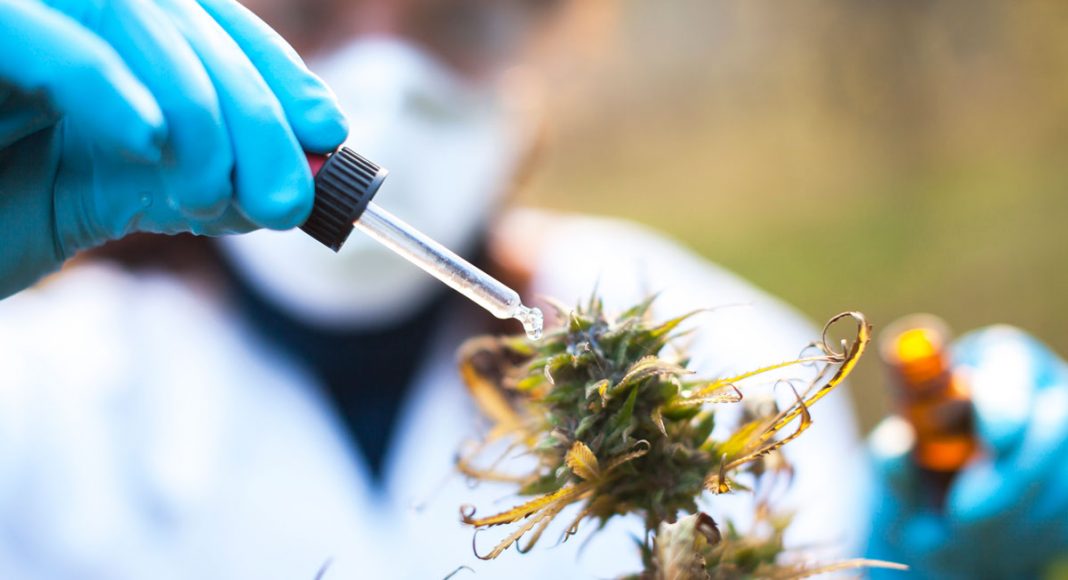The rare cannabinoid THCV, according to scientists, could provide treatments for diabetes, lower cholesterol, and other health benefits.
Bay Area research say cannabis helps diabetes and high cholesterol. Data revealed a method to expand production on one of the rarest cannabinoids found in the cannabis plant, THCV. Generally, THCV, or tetrahydrocannabivarin, is only found in trace amounts in most cannabis strains. But the compound, according to scientists, could provide treatments for diabetes, lower cholesterol, and other health benefits.
“The only thing that THCV does is it’s analgesic and anti-inflammatory, it’s neuroprotective, which means it protects the nervous system,” Dr. Michael Moskowitz, who has been studying THCV, told Mercury News. “It’s anti-nausea and vomiting. It helps with bone health and bone formation, it’s sleep-promoting, it’s anti-epileptic, it’s anti-anxiety. It’s a major anti-psychotic. And it helps with appetite suppression, it’s anti-diabetic and it’s anti-cholesterol.”
“Other than that it didn’t do that much,” Moskowitz added.
Related: How Do Cannabinoids Quell Anxiety?
Strains with higher THCV levels are believed to have come from Sub-Saharan cannabis plants. Because of a lack of understanding and market desire for marijuana that would produce the biggest “high” in users, growers were breeding strains that would create higher THC levels. This, as it were, came at the detriment of other cannabinoids in the plant.
Moskowitz, the founder of the Medical Cannabis Research Consortium of Marin, and other Bay Area researchers believe that THCV has the potential to become the new CBD. They plan on competing directly with GW Pharmaceuticals, the parent company behind Epidiolex, the first cannabis-based pharmaceutical approved by the FDA.
Related: Did You Know That Marijuana Can Speed Up Your Metabolism?
According to Mercury News, GW Pharmaceuticals “has also been researching THCV as potential treatment for a variety of diseases and health issues such type II diabetes, schizophrenia, epilepsy, cognitive disorders such as Alzheimer’s, along with several others.”
Whether or not THCV on its own is psychoactive on its own, like THC, remains inconclusive. According to Moskowitz, it has been labeled as both psychoactive and not.


